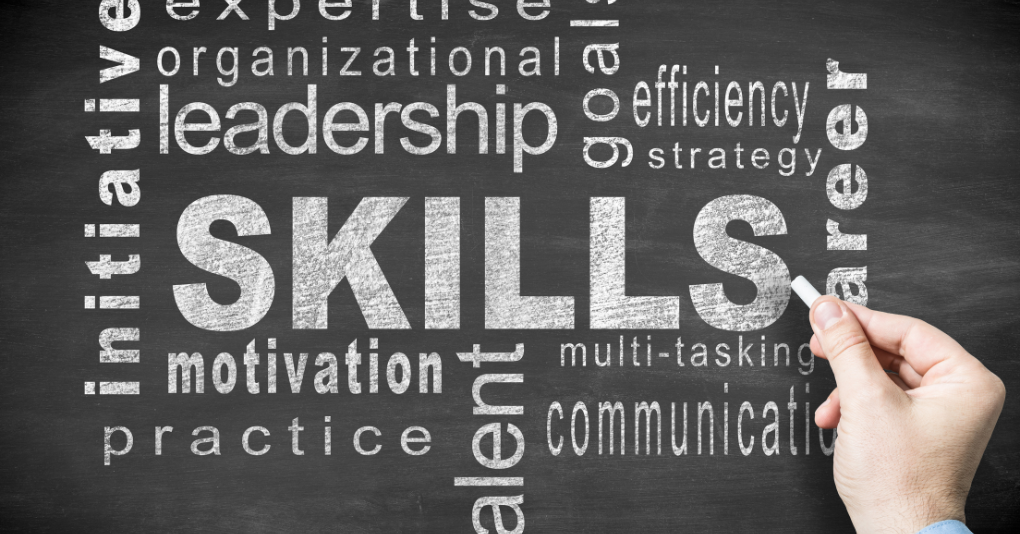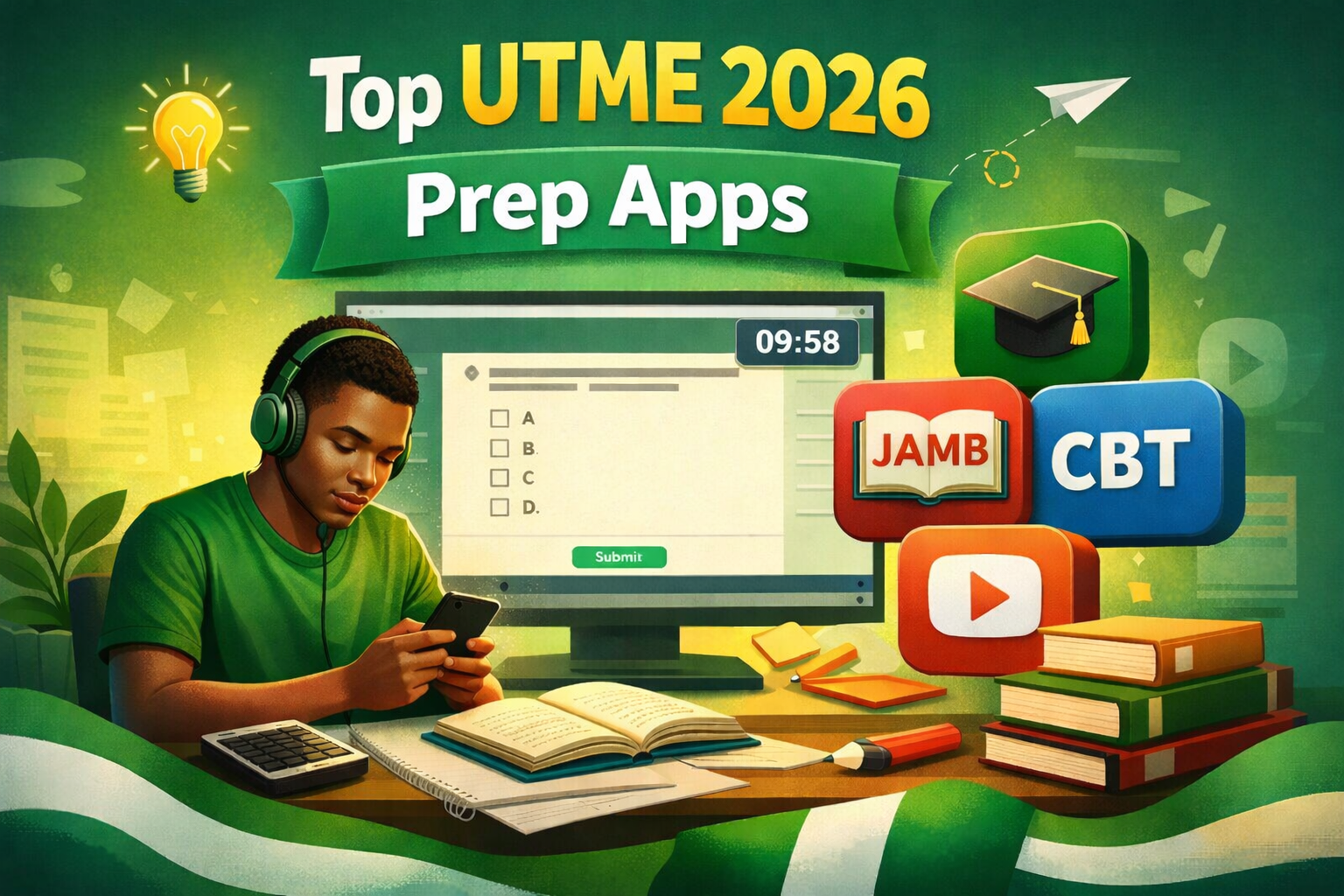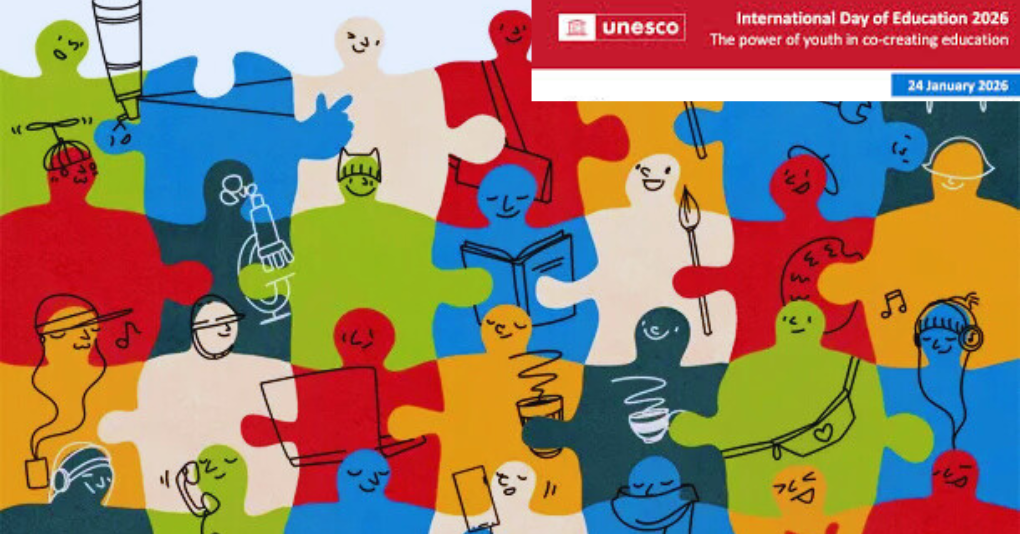School equips us with math, science, history, and language—but often leaves out the skills we need most to thrive in everyday life. Beyond academic knowledge, there are practical abilities that shape how well we handle money, relationships, careers, and personal growth. Here are seven crucial life skills rarely taught in classrooms but essential for success in the real world.
1. Financial Literacy
Many adults learn about budgeting, credit, and debt the hard way—through mistakes. Financial literacy is the foundation of independence. It includes understanding how to budget, save, invest, and manage debt responsibly. Someone with strong financial skills can avoid payday loan traps, plan for retirement, and achieve long-term security. Imagine if every student left school knowing how compound interest works—many financial struggles could be avoided.
2. Emotional Intelligence
Being “smart” is one thing, but knowing how to manage your emotions and relate to others is another. Emotional intelligence (EQ) involves self-awareness, empathy, and conflict resolution. It’s what makes a great leader, partner, or teammate. For instance, a manager with high EQ can motivate employees and defuse tension in the workplace far more effectively than one who only relies on authority.
3. Time Management
Time is the one resource we can’t replenish. Learning how to prioritize tasks, plan schedules, and avoid procrastination can mean the difference between thriving and burning out. Students often juggle deadlines, but real-world time management requires balancing career, family, and personal goals. Effective use of time turns busy people into productive ones.
4. Critical Thinking
We live in an age of information overload. The ability to analyze, question, and evaluate information is vital. Critical thinking helps people avoid misinformation, make informed decisions, and solve problems creatively. For example, when presented with conflicting health advice online, a critical thinker can sift through sources and determine what’s credible.
5. Communication Skills
Whether in relationships, job interviews, or negotiations, strong communication is essential. It goes beyond speaking clearly—active listening, body language, and persuasion all matter. Poor communication can cause workplace misunderstandings or strain personal relationships. On the other hand, someone who communicates well builds trust and influence effortlessly.
6. Adaptability
Change is constant—whether it’s technology reshaping industries or unexpected life events. Adaptability allows people to adjust quickly without losing momentum. During the pandemic, for example, businesses that adapted to digital platforms thrived while others faded. Flexibility and resilience are no longer optional; they’re survival tools.
7. Self-Motivation
Perhaps the most powerful life skill is the ability to push yourself forward. Self-motivation means setting goals, staying disciplined, and persisting even without external pressure. It’s the reason some people chase their dreams relentlessly while others wait for opportunities to come. With self-motivation, even setbacks become stepping stones.
Final Thoughts
While schools provide valuable academic knowledge, these life skills shape how we navigate the real world. Financial literacy ensures stability, emotional intelligence builds strong connections, and adaptability keeps us relevant. Paired with self-motivation and effective communication, they empower us to live with confidence and purpose. If education systems incorporated these lessons, we’d graduate not just as students—but as well-prepared individuals ready for life.
Share this post





Be the first to comment on this post